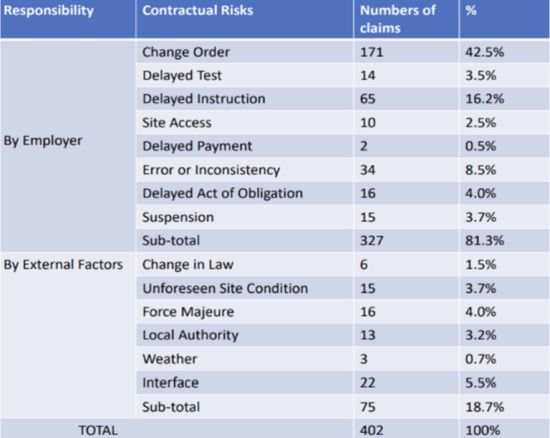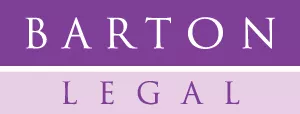There has been a notable reduction in the number of international construction contracts awarded to Korean contractors in recent years, following a record-high period of growth between the years of 2009-2012.
This has resulted in many Korean contractors experiencing an 'earnings shock', i.e. lower income than predicted, from 2013 to date.
This is due to several factors, including:
- Many contracts being won on a low bid value, due to high competition among Korean contractors;
- Overcommitment in contract obligations;
- Shortage of specialised manpower required to execute the secured projects;
- Lack of project management skills;
- Inadequate risk management capabilities;
- Limited knowledge of terms and conditions in construction contracts; and
- Slight deficiency in collecting and analysing market information.
In response to this, significant numbers of Korean contractors have taken the following actions:
- Refraining from bidding in projects that are likely to yield low profits, leading to a significant decline in the scale of project contracts;
- Gradual changing of business portfolio, for example 'SK E&C' has changed its corporate name to 'SK Ecoplant', signalling its aim to promote eco-friendly business and technologies; and
- Expanding into different project development areas, like PPP (Public-Private Partnerships), IPP (Independent Power Producers i.e. privately owned power plants) and renewable energy projects.
Claims:
The key types of claims faced by large Korean contractors in international construction projects are set out in the below table:

The key takeaways from this are that:
- Issuance of Change Orders by the Employer are the dominating cause of claims and disputes:
- The second largest issue is that Employer's delayed instructions are leading to delays in projects;
- The third largest issue relates to error or inconsistency in the contract; this is a matter of interpretation of the contract; and
- Surprisingly, claims arising from delayed payment by the Employer, changes in law, or weather issues are relatively rare.
Dispute Resolution Clause and Arbitration:
The Korean Commercial Arbitration Board carried out in-depth interviews with senior in-house lawyers from 10 Korean construction companies in 2022 to ascertain the general feeling towards international arbitration and dispute resolution clauses.
The following findings were reached:
- Arbitration was preferred over litigation, with more than 95% of contracts including an arbitration agreement. In rare cases a forum selection clause was included, (in US, the Middle East, and North Europe) with the Employer usually insisting on its local court.
- There is a tendency for the arbitration agreement reached between the Employer and Contractor to flow down into the contracts that the Contractor enters into with Sub-contractors and vendors.
- Some large contractors were sceptical about arbitration following their own experiences, due to it being a lengthy process and involving unexpectedly high costs and expenses including legal fees, thus expressing doubts about whether arbitration should be preferred over litigation.
Other drawbacks of arbitration raised were:
- Lack of preparation by the Arbitrator;
- Arbitrator's request for another summary of the parties' submissions just before the hearing;
- Difficulties in exercise of joinder and consolidation; and
- In some cases, one party employing tactics to delay arbitration process by asserting the due process, led to the efficiency of arbitration being significantly diminished.
The order of preference for selecting governing laws were as follows:
- English law;
- Law of the Employer's location;
- Singapore law; and
- New York State law.
The reason for this order was due to familiarity with these legal systems, considerations specific to the construction industry, ease of reaching agreements with the other party, and taking into account the legal costs.
One contractor answered that it prefers English law, which strictly interprets the terms and conditions of the contract where their company is more likely to be sued.
On the other hand, if there is a higher possibility of initiating arbitration proceeding against the counterparty, they prefer Sharia law or laws of civil law jurisdictions, because these legal systems seem to weigh fairness and equity over strict interpretation of the contract.
There is a tendency to reach agreement on using the same governing law, seat of arbitration and arbitral institution whenever possible.
This topic was discussed in our webinar 'Construction contracts with Public Authorities with Boyana Milcheva of Dimitrov, Petrov & Co & Changing Trends of Korean Contractors with Prof. Hong-Sik Chung of Chung-Ang University of Law in June 2023. Click here to view the webinar and presentation.
The content of this article is intended to provide a general guide to the subject matter. Specialist advice should be sought about your specific circumstances.


